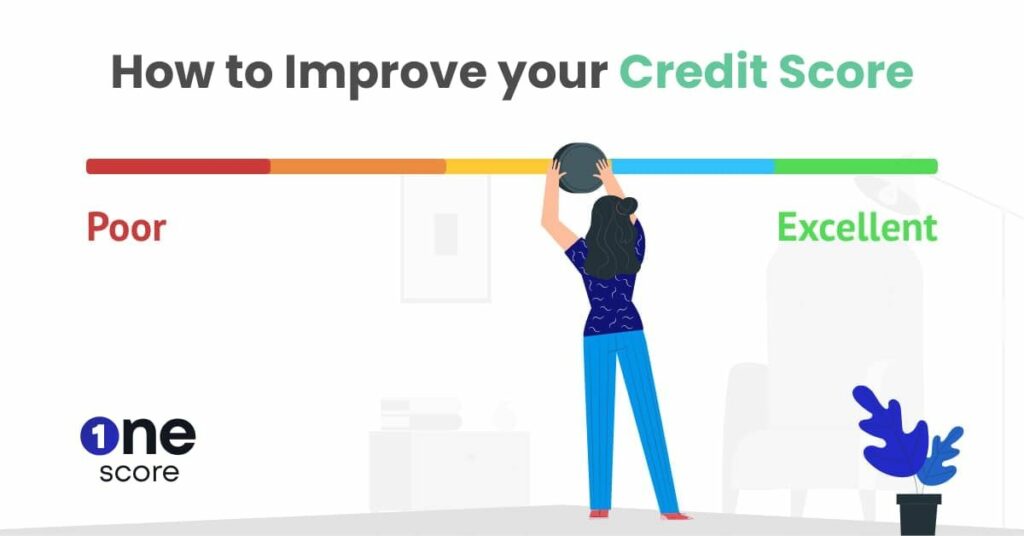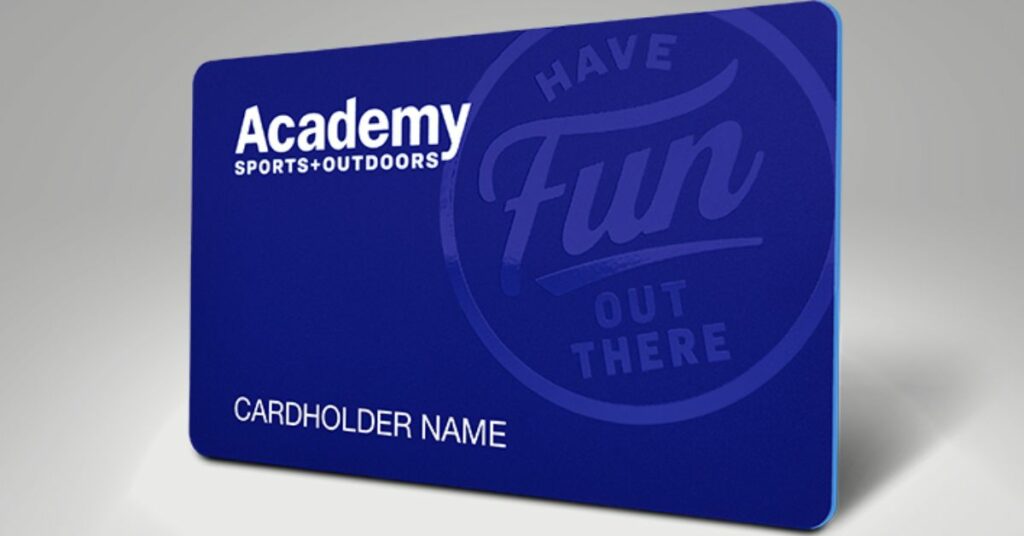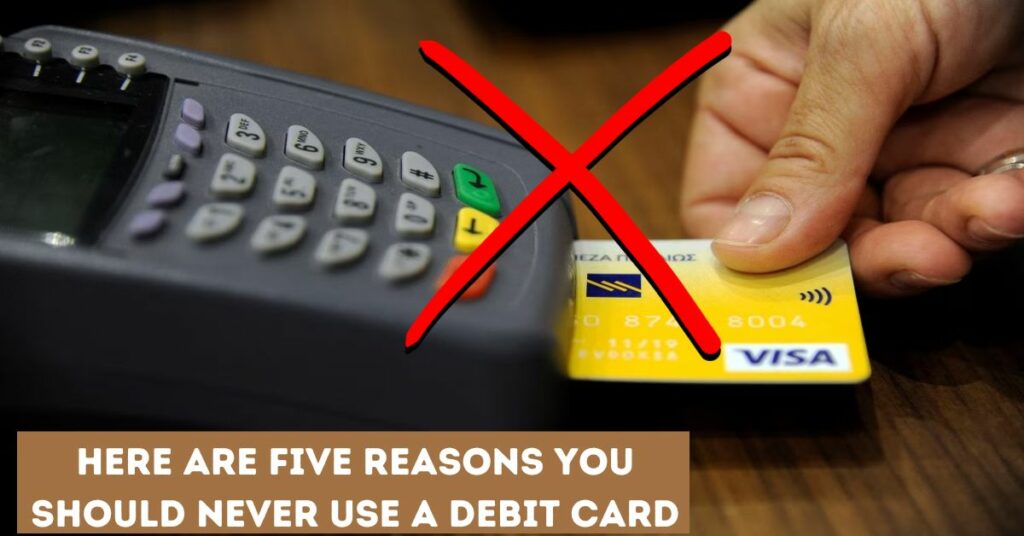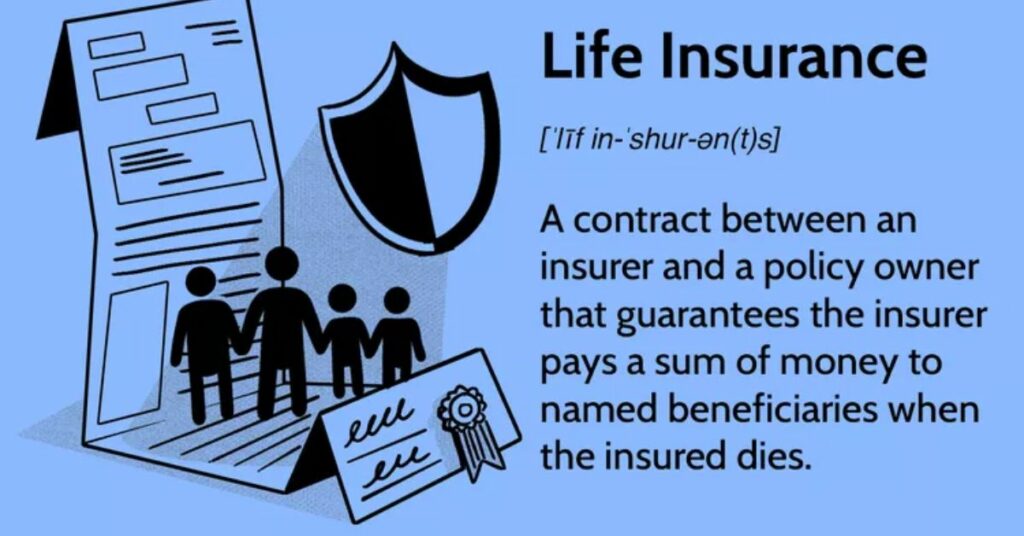Using a credit card is one approach to establish a positive credit history, but it is by no means the only option. There are various alternatives to using credit cards if you either don’t believe in their usefulness or can’t be approved for one because of your credit history.
A high credit score is within reach, as is building a credit history and connecting to the financial system. Since a solid credit score is important to more than just banks and finance organizations, this article will examine alternative, credit-building techniques to boost your report in the eyes of future lenders.
Making a Credit File
It’s vital to note that different types of credit contribute to different aspects of your credit score before diving into particular tactics for creating credit.
Revolving credit: Revolving credit is frequently used in the form of credit cards. You can spend as much as you like up to your credit limit each month, but remember that interest will be charged on any outstanding balance.
Installment loans: Installment loans are lines of credit that are repaid in equal monthly payments over a certain period of time. Borrowing a certain sum of money up front (like a mortgage or vehicle loan) and repaying it plus interest is called a “fixed-rate loan.”
Open credit: This term is used to describe monthly bills that must be paid in full before the due date, but do not accrue interest. Things like the cost of your cell phone service, Internet service, and membership at a fitness center. Credit reporting agencies often do not reflect these payments (unless there is a major delinquency). Since the sums due each month are often little, and the service provider will simply be terminated if payment is not received, regular monthly payments are not reported.
You can see from this breakdown of the many types of consumer credit that your payment history and credit score are affected by credit in many ways, even if you don’t have revolving lines of credit like a credit card.
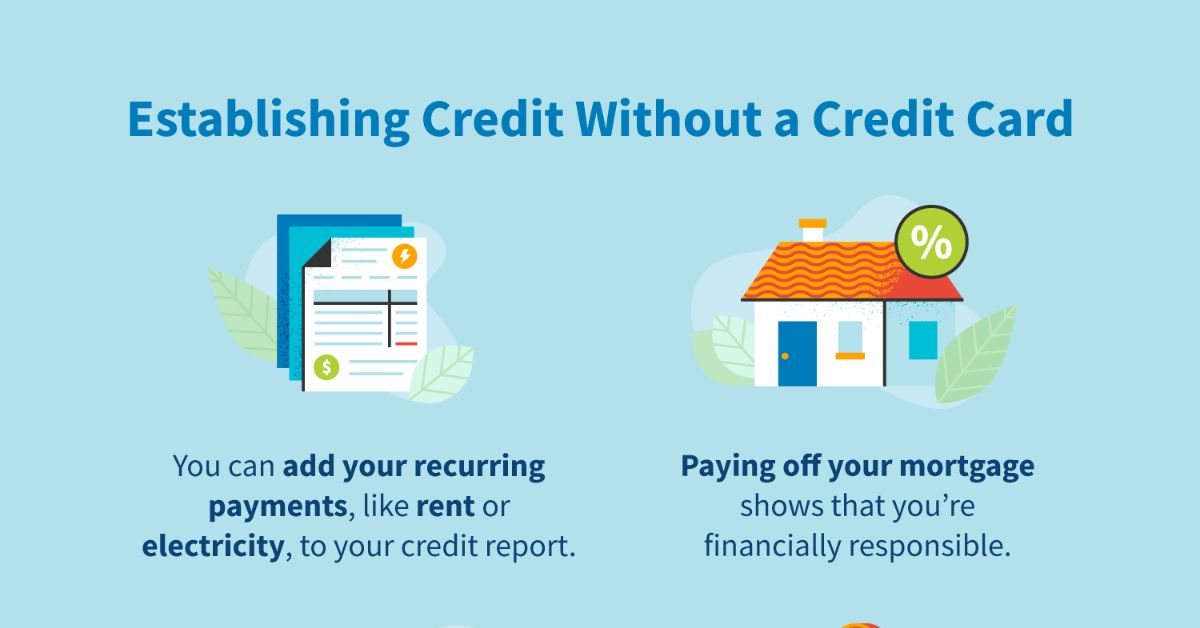
9 Ways To Build Credit Without Credit Cards
Here are nine tried-and-true methods of establishing credit that don’t involve using plastic:
1. Pay Your Bills On Time
Always make on-time monthly bill payments. Creditors and lenders want to see that you can be relied upon to make payments on time, and this payment history accounts for the vast majority of your credit score.
Avoiding late fees and penalties (i.e. service interruptions) also demonstrates your reliability and responsibility as a customer. There are still regular expenses that can be tracked even if you don’t carry a credit card debt from month to month.
2. Repay Your Student Loans
Building credit can be a side effect of paying back student loans, which are an installment loan. (You can see that incurring debt to earn a Bachelor’s degree is not without its benefits.)
Making all of your monthly payments on time has been shown to increase credit scores. Some credit experts argue that student loans have no positive effect on credit scores and can actually have a negative effect if payments are late or missed.
Although Chase Bank officials and the majority of analysts disagree. They argue that a positive payment history is good history. In addition, the credit mix (which factors for 10% of your score) benefits from having student loans as a line of credit that is separate from credit cards or other forms of borrowing.
By clicking on the links below, you may read more finance-related articles:
3. Consider Getting a Car Loan
Building credit shouldn’t be the reason you buy a car or take on debt. Car loans are a great method to improve credit, and most of us need one.
A car loan can be obtained by almost anyone, even those with poor credit. Why? Secured debts include auto loans. In the event of nonpayment, your vehicle may be repossessed. In order to preserve their vehicle, Americans would often neglect other financial obligations or take on additional debt. Consumers typically put car payments ahead of other expenditures like mortgages.
Your credit rating will rise if you pay on time. Paying on time every month will help you establish a higher credit score, but there is no hard and fast rule as to how many payments or how many months it will take. One former coworker reported a 50-point increase in their subprime (damaged) credit score following 7 months of on-time car payments.
You may require a co-signer to secure an auto loan if you have no credit, no income, or severely low credit (damaged beyond bills in collections, for example, your previous vehicle was repossessed). You may still establish a favorable credit history even if you need a co-signer.
4. Apply for a Personal Loan
Personal loan applications are another option for expanding credit histories. Consumers with bad credit may not benefit from this choice as much as those with no credit or restricted credit.
You can get a personal loan for anything from home repairs to medical bills to a trip or even a Buy Now Pay Later (BNPL) loan right at the register.
5. Get a Credit Builder Loan
A credit builder loan is a great option if you need to improve your credit score or have a “thin” credit history. A credit builder loan is a type of secured loan in which the borrower makes monthly payments toward a set sum (often between $250 and $1,000). You can access the whole loan amount once you have made all of the required monthly payments toward the principal.
Although there are application fees involved, credit builder loans are a great option for consumers because they are tailored to their needs and payments are reported to all three major credit bureaus (Equifax, TransUnion, and Experian).
Another perk is that you won’t have to broach the sensitive topic of asking a family member to cosign a loan with you just so you may improve your credit score.
We have included references to related articles for those interested in learning more about the issue of expensive financial mistakes:
- How to take your business to the next level with a talented CFO hire
- Here Are Five Reasons You Should Never Use a Debit Card
6. Get Credit for Your Rent Payments
Paying rent typically has no positive effect on a renter’s credit score. However, with the help of third-party firms like Rental Kharma, you can have your rental history reported positively on your credit report.
If you make all of your payments on schedule, Rental Karma will let the credit bureaus know about it. Your credit score could move up or down as a result of this rent information being shared, depending on the specific credit scoring models being used.
Creditors, including landlords, will see that you’ve been paying your bills on time when you apply for loans.
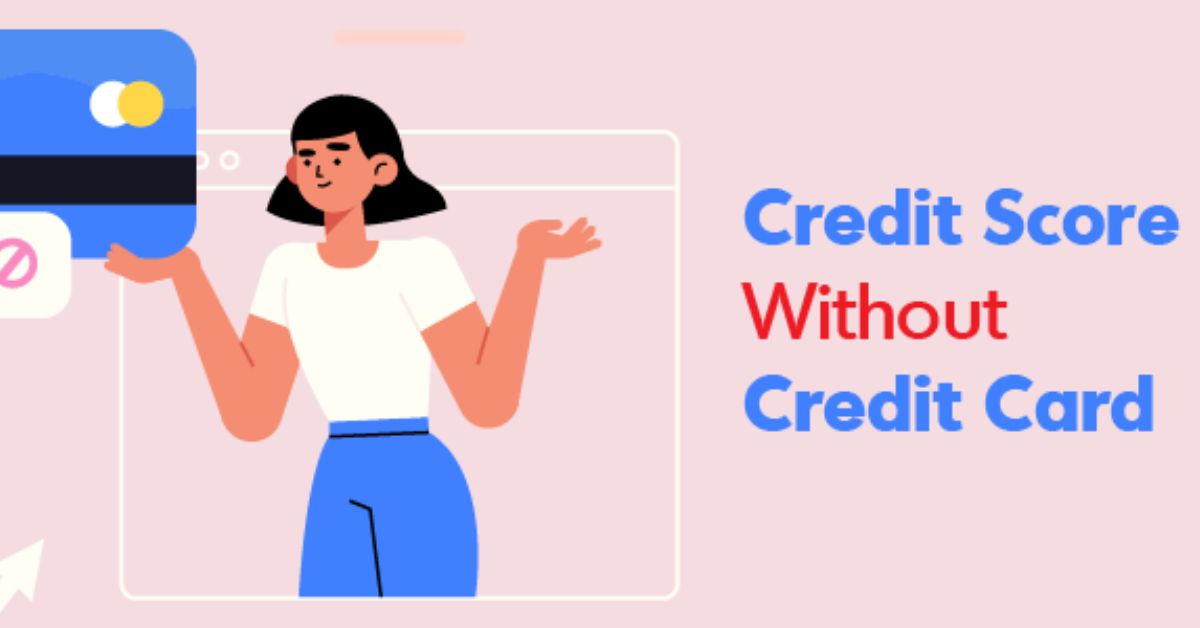
7. Use Tools Like Experian Boost or UltraFICO
Include things like your phone, energy, streaming service, and gym membership payments when requesting a refund. To improve or establish credit through timely payment of utilities, Experian Boost is offering a free service that anyone may sign up for.
A higher credit score and increased credibility might be yours simply by demonstrating a history of responsible credit card and loan repayment. Participating in Experian Boost, a credit product offered by Experian, can boost your Experian credit score.
Experian Boost will not help your credit score with TransUnion or Equifax, which are also used by some lenders. You can profit from this additional on-time payment history when applying to lenders who use Experian or who consider all three credit ratings.
The focus of UltraFico, like Experian Boost, is on your banking information such as your checking and savings accounts. Additionally, UltraFico is a cost-free option.
8. Become an Authorized User
The primary account holder can often add other cardholders with several different credit card issuers. Credit cards for authorized users are issued using the same account number as the principal cardholder. Any purchases made with the primary or approved card will accrue to your benefit.
Adding an authorized user does not necessitate a credit check. It’s not a secured card in the traditional sense, but the primary account holder will stand behind any purchases you make.
You would probably approach a person with excellent credit and ask them to add you as an authorized user. If they are unable to make their payments or they go over their credit limit, this can have a bad effect on their credit as well as yours.
Below, we have provided links to further articles that discuss common money blunders:
- 5 Steps to Planning for Retirement in 2023: An Overview and How-to Guide
- Protecting Your Identity: 11 Steps to Take Right Away
9. Fund a Secured Credit Card
Consider applying for a secured credit card if you want to repair your credit and establish a good payment history from scratch. Credit cards that don’t require collateral are called unsecured cards. Apply for a credit card with Capital One or another financial institution, receive your spending limit, and then settle your monthly statement.
A secured credit card, on the other hand, requires an initial cash deposit in exchange for a smaller credit line (limit). Your whole credit limit will often serve as the needed security deposit. If your secured card’s credit limit is $350, for example, you may need to make a deposit of that much.
Your cash deposit serves as the “checking account” for your secured card, and your spending is limited to the amount available on the card. Your payment history may not be shared with the credit reporting agencies by all secured credit cards. Choose a credit card issuer who will share your positive payment history when evaluating secured credit card possibilities.
The website CaliforniaExaminer.net is a great resource for keeping up with the news and providing some food for thought.

